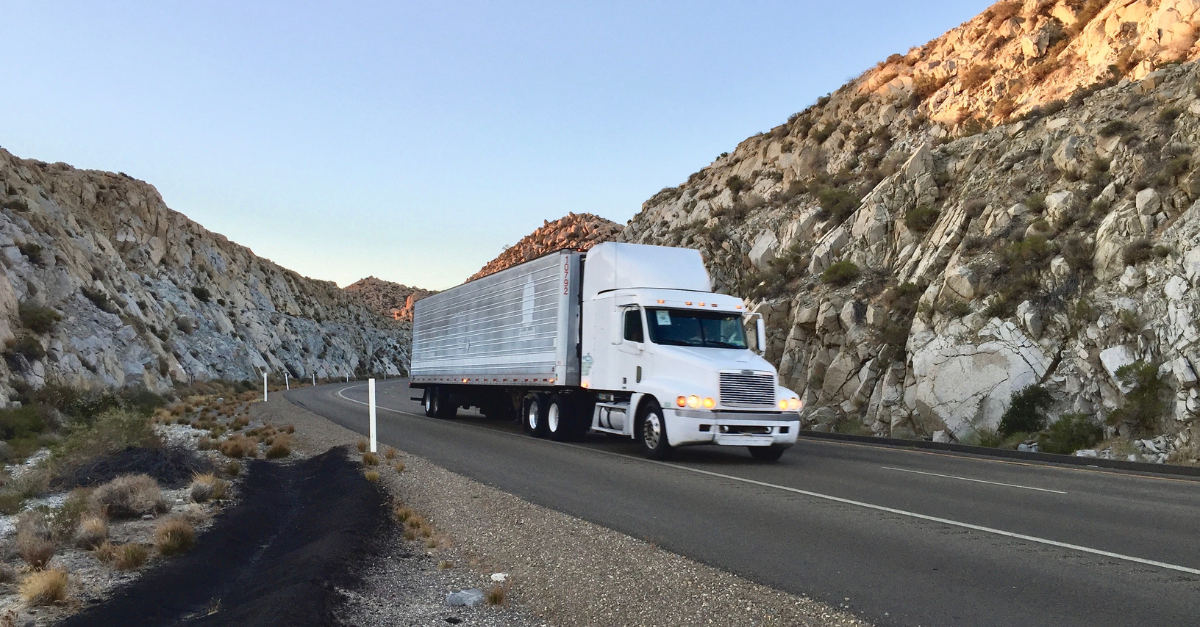LTL vs. FTL: How to Choose the Right Mode for High-Value Freight

When it comes to moving high-value freight — whether that’s semiconductor equipment, hyperscaler hardware, or precision manufacturing components — choosing the wrong freight mode can cost more than you save.
The decision between Less-than-Truckload (LTL) and Full Truckload (FTL) isn’t simply about filling space. It’s about balancing cost, speed, risk, and control in a way that protects both your cargo and your bottom line.
Understanding the Basics
- LTL (Less-than-Truckload): Your freight shares space with shipments from other companies. You pay only for the portion of the trailer your freight occupies.
- FTL (Full Truckload): Your shipment fills an entire trailer — or you pay for the whole space, regardless of whether it’s full.
On the surface, LTL seems more cost-effective, while FTL offers exclusivity. But for high-value freight, the decision is more complex.
The Case for LTL
When it works:
- Ideal for smaller shipments that don’t justify a full truck.
- Flexible option for scaling shipments up or down.
- Lower upfront cost than FTL in many cases.
The trade-offs:
- More handling (freight is loaded/unloaded multiple times).
- Higher exposure to delays or errors from other shippers’ cargo.
- Greater risk of damage — which matters when components cost millions.
For businesses moving durable, lower-risk freight, LTL is a practical solution. For high-value cargo, the risks must be carefully weighed against cost savings.
The Case for FTL
When it works:
- Best for sensitive, high-value freight requiring minimal touches.
- Direct route = faster delivery and fewer opportunities for error.
- Enhanced security with a dedicated truck and single chain of custody.
The trade-offs:
- Higher upfront cost, even if the trailer isn’t full.
- May require more planning to maximize efficiency.
For shipments like AI servers, semiconductor wafers, or fragile electronics, FTL often delivers the protection and reliability that justify the investment.
Risk, Cost, and the “True Price” of Freight
The cheapest option on paper is not always the cheapest in practice.
Consider this:
- A minor delay can cost a manufacturer millions in downtime.
- A single damaged server rack can derail a data center rollout.
- A security breach in transit can compromise sensitive equipment.
When these risks are factored in, the “true price” of freight comes into focus. In many cases, FTL provides a better total cost of ownership for high-value cargo.
Making the Right Choice
The decision isn’t always black and white. The best logistics partners help you evaluate each shipment against key factors:
- Shipment value and sensitivity
- Required delivery speed
- Security protocols needed
- Budget and efficiency goals
In some cases, hybrid solutions — like partial truckload, specialized LTL carriers, or multimodal options — may provide the right balance.
Precision Logistics for High-Value Freight
At the end of the day, choosing between LTL and FTL isn’t just about space on a truck. It’s about aligning logistics strategy with the realities of high-value, time-sensitive supply chains.
With the right partner, businesses can navigate these choices confidently — minimizing risk, controlling costs, and ensuring freight arrives exactly where and when it’s needed.
Because in high-value logistics, the question isn’t just “How much does it cost to move freight?” — it’s “What does it cost if the freight doesn’t arrive safely and on time?”
If your shipments require more than a generic freight solution, it’s time to work with a logistics partner who understands the stakes. JIT delivers precision, security, and flexibility — so you never have to choose between cost and confidence.
Connect with us to learn how we align the right freight mode with the unique demands of your business.
Ready to optimize your supply chain?
Contact us today to discover how JIT Transportation can take your business to the next level.
Related Articles

How Predictive Inventory and Real-Time Data Create a Smarter Supply Chain
Predictive inventory models paired with real-time data transform supply chains from reactive operations into intelligent systems built for just-in-time performance.

Why Temperature-Controlled Warehousing Is Critical for High-Tech Supply Chains
Temperature-controlled warehousing protects sensitive high-tech products from hidden environmental risks while supporting reliable, just-in-time supply chain performance.

Real-Time Control: Leveraging Technology for Just-in-Time Supply Chain Excellence
Technology platforms like TMS, WMS, and integrated fulfillment systems give modern supply chains the visibility, coordination, and precision required to execute true just-in-time logistics.
